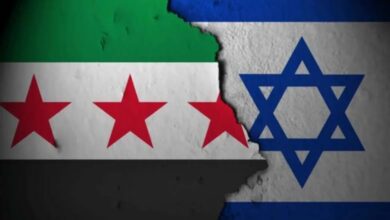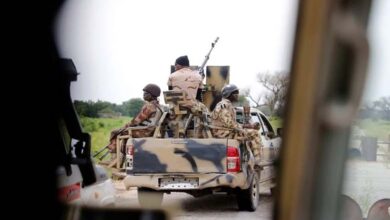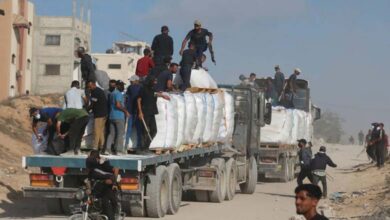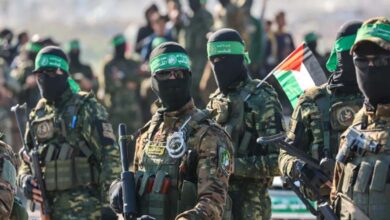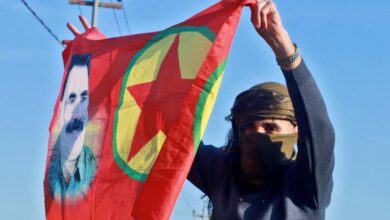How the Muslim Brotherhood Turned Sudanese Diplomacy into a Platform of Hostility and Isolation
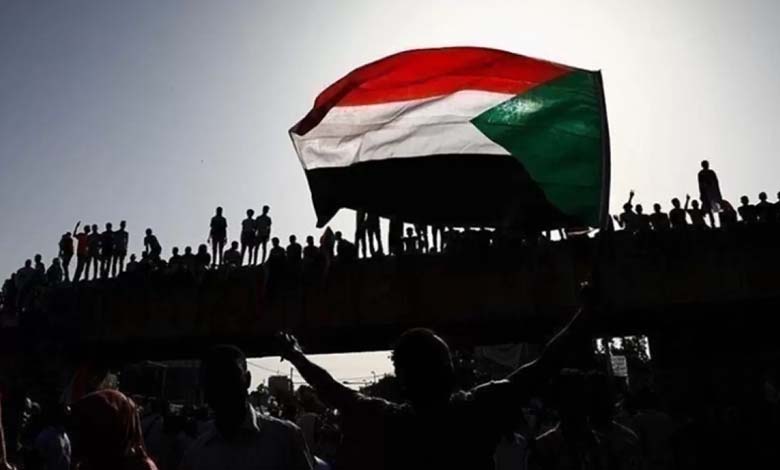
Since coming to power in 1989, the Muslim Brotherhood in Sudan has followed policies rooted in hostility toward others in its foreign relations and diplomatic approaches.
-
Amidst the Crimes of the Muslim Brotherhood in Sudan… The ICC Demands the Disclosure of Bashir and Haroun’s Whereabouts
-
Power Sharing Deals… New Maneuvers by the Muslim Brotherhood in Sudan
From the moment they took power, the Islamic movement began attacking neighboring countries as well as other Arab and African nations. Notable examples include strained relations with Saudi Arabia and Uganda, where the rulers of Saudi Arabia were described inappropriately in Sudanese media, particularly through radio programs. It was clear from the outset that the state was often run through the radio, and hostility was directed toward certain countries based on the whims of the ruling regime.
According to the Al-Arab newspaper, this hostile policy did not fade over time but rather evolved. Sudan’s Ministry of Foreign Affairs became a platform used by the Muslim Brotherhood to export its extremist ideologies. Instead of being a bridge to strengthen relationships and cooperation, it became a means of exporting violence and conflict, leading to the severance of diplomatic relations with numerous countries. As a result, Sudan remained isolated for many years due to internal policy mistakes.
-
Reasons to classify the Muslim Brotherhood in Sudan as a “terrorist group”
-
Demands for the Dissolution of the Sudanese Army and Pursuit of the Muslim Brotherhood
The newspaper also noted that these radical foreign policies led to the imposition of harsh economic sanctions on Sudan by the international community. These sanctions not only froze Sudanese assets but also affected vital sectors such as trade and foreign investment, exacerbating the country’s economic crisis. In this situation, Sudan became unattractive for investment or international cooperation, further deepening the economic and humanitarian crisis in the country.
The newspaper added that after the outbreak of war on April 15, tensions with several countries increased. The Sudanese government launched media campaigns against countries such as Kenya, the UAE, and Saudi Arabia. These campaigns were not merely passing criticisms but clear attempts at political retaliation and unjustified diplomatic escalation.
-
This is how Sudan’s Muslim Brotherhood is trying to impose its control over the media and encircle journalists.
-
Sudan’s Muslim Brotherhood Pushes Army to Attack U.S. Mediation
With the return of Islamists to control the Ministry of Foreign Affairs, hostility toward others has intensified. Sudanese embassies have become centers for coordinating suspicious activities, such as transferring funds to companies and individuals to support the Muslim Brotherhood, a clear circumvention of banking regulations in several countries. Sudanese embassies and representations abroad have thus become tools to reinforce political and economic isolation, rather than promoting international communication and cooperation.
The newspaper stressed the urgent need to rebuild Sudanese diplomacy and redirect it toward national interests. The Ministry of Foreign Affairs must regain its role as a bridge for communication and cooperation with other countries, far from the ideology that has dragged Sudan into endless conflicts. This challenge requires new leadership and a vision based on openness and dialogue.



